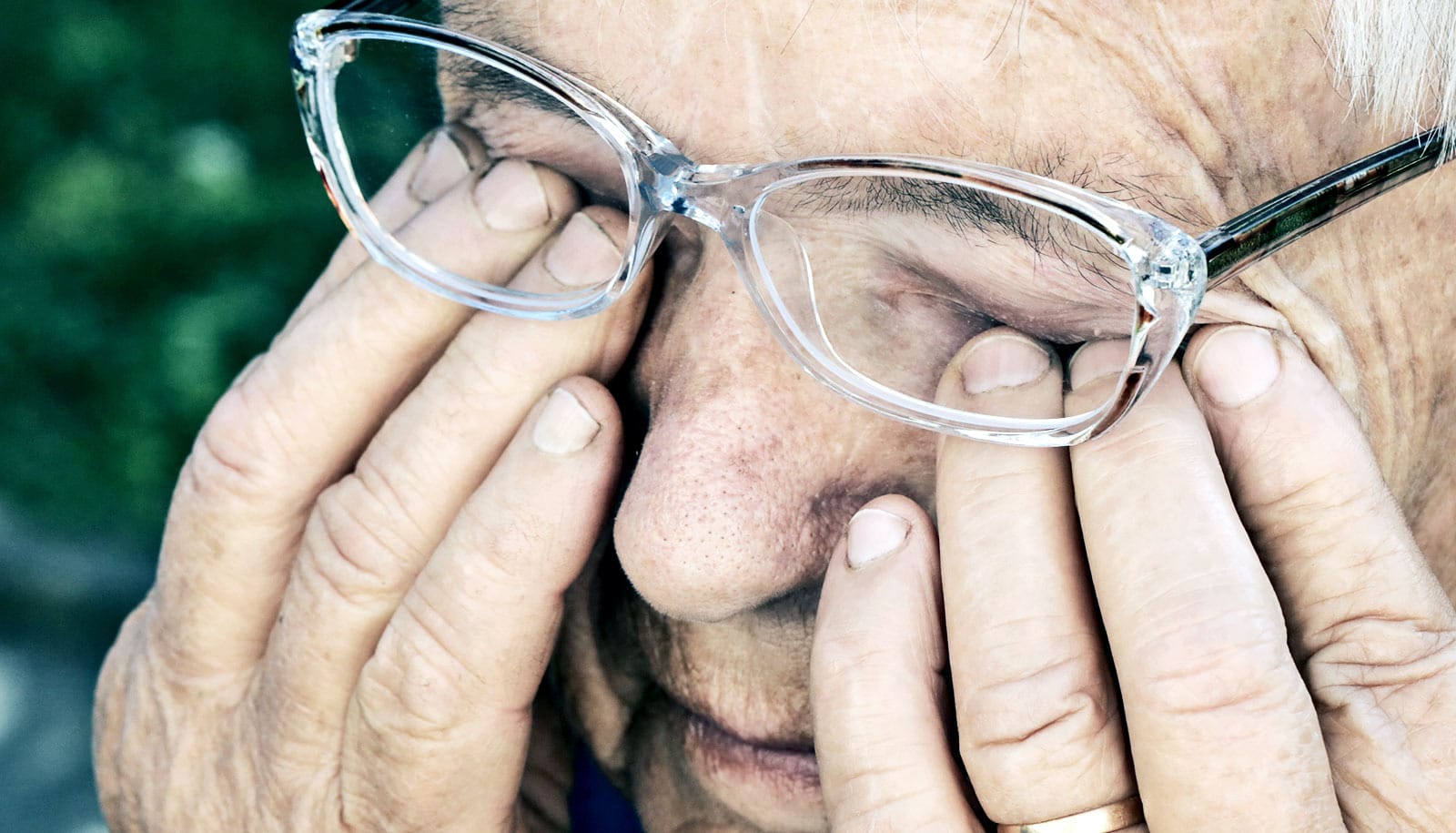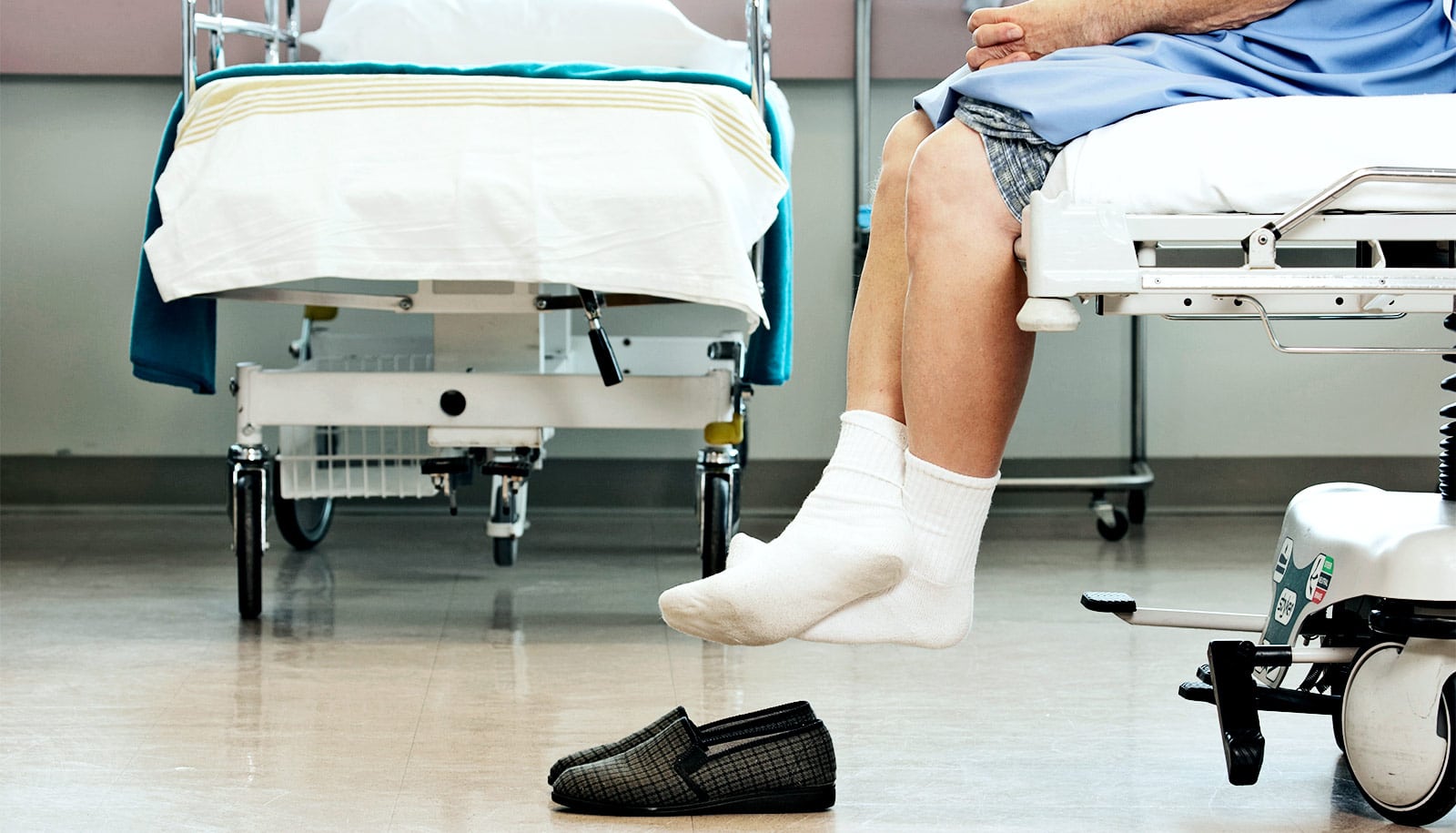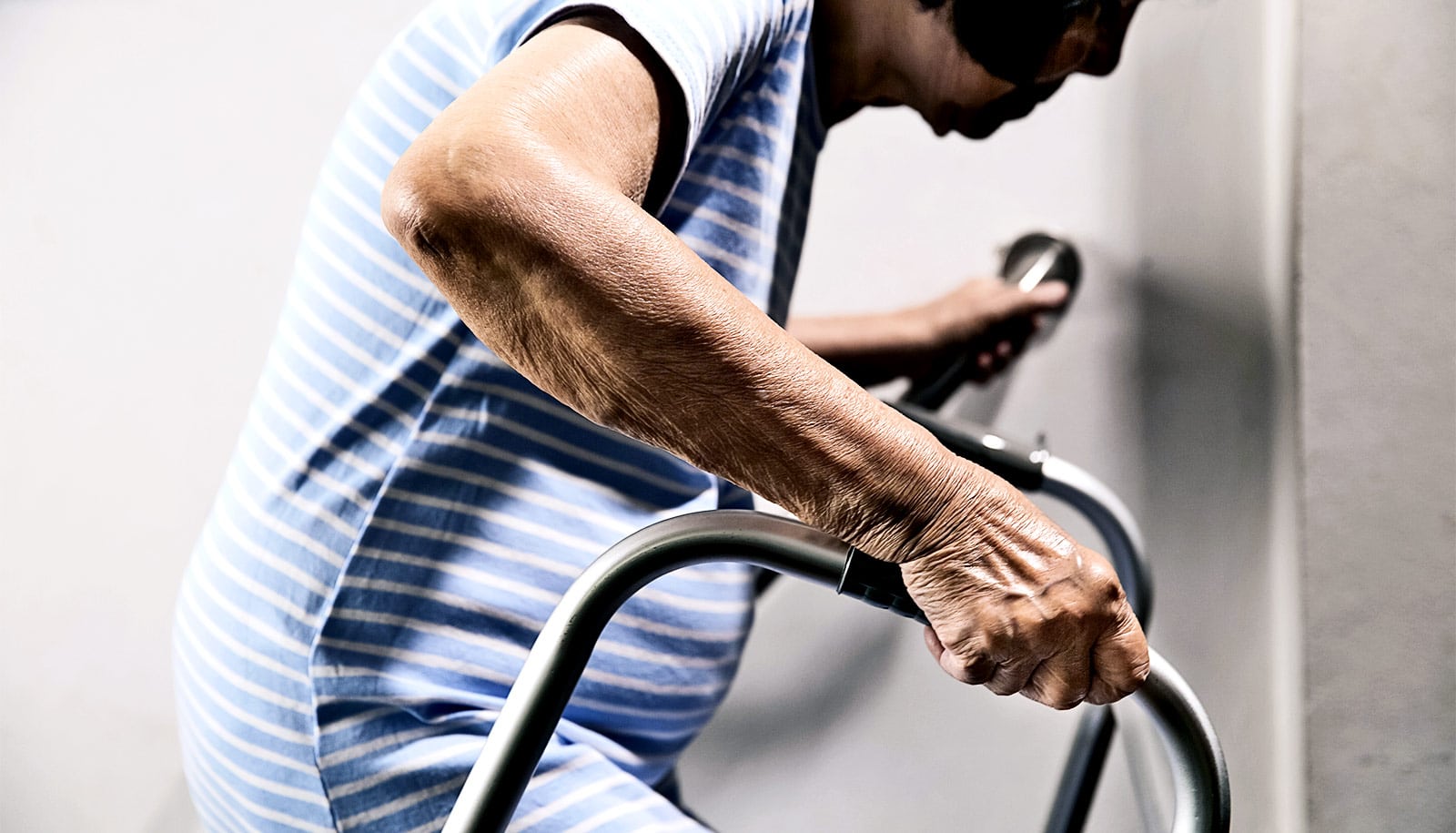For women with breast cancer, frailty is linked to inflammation levels in the blood, according to a new study.
Higher inflammation prior to chemotherapy can predict frailty after chemotherapy ends, the researchers report.
Characterized by weakness, fatigue, weight loss, and slow walking speed, frailty is associated with cancer and its treatments. Scientists are studying the factors that lead to frailty and how to prevent it—because it can impact quality of life and how a person of any age endures disease.
“Our findings confirm that oncologists should consider inflammation and frailty in their patients, and perhaps personalize treatment, especially in older adults, to avoid undue risks of chemotherapy toxicity,” says first author Nikesha Gilmore, research assistant professor of surgery at the University of Rochester Medical Center, who conducts studies for Wilmot’s Cancer Prevention and Control program.
The study appears in the journal Breast Cancer Research. It includes a new finding that when inflammation markers continue to rise during chemotherapy, frailty is even more likely to be a problem after treatment.
The study was a secondary analysis of a national cohort of 581 women with breast cancer (stages 1 to 3C). Researchers looked at blood samples pre- and post-treatment, to check for imbalances in white blood cells and inflammatory markers. Six months after completing chemotherapy, 161 of the women had not returned to their pre-chemo inflammation levels.
Future research should focus on whether it’s possible to reduce inflammation before treatment begins, to lessen the burden of frailty, Gilmore says.
The mean age of the women in the study was 53, suggesting that frailty can occur among younger patients, too, the authors note.
Another interesting observation, she says, was that women who were married or in a long-term relationship appeared to be more protected from frailty. This is in line with other studies suggesting that cancer patients with spouses or significant partners tend to live longer. Gilmore and others have speculated that it may be due to better social support.
Funding was provided by the University of Rochester Clinical and Translational Science Institute, the Wilmot Cancer Research Fellowship, the National Cancer Institute, and the National Institute on Aging.
Source: University of Rochester



